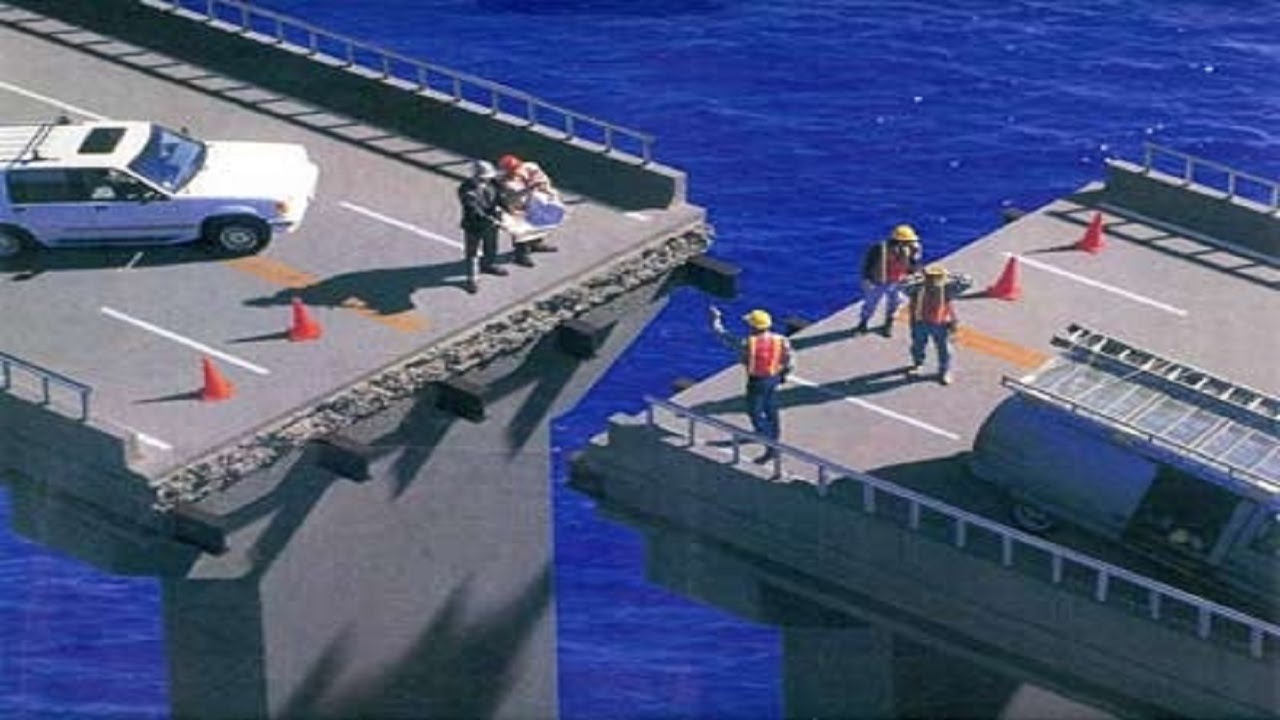Much of the public’s perception of engineering is gathered through the media, in particular the news on television, where somebody is wearing a HI-Vis vest, wearing a hard hat and discussing the failure of a large building project. It is no wonder that engineering struggles for recognition. How can this perception be changed?
Many years ago I was standing around a coffee machine with some colleagues discussing the usual office politics when one of them mentioned that they had to complete a project about the public perception of engineers through the media as part of their degree course. The puzzled silence was broken by a few more coins pushed into the coffee machine and as it filled up our cups a few examples emerged. First name was Kevin Webster who ran the garage in the long running TV soap opera Coronation Street. But was he an engineer or a mechanic? We weren’t sure. Next was Tom Howard in the series Howards Way who designed yachts but always seemed to be in a psychological state close to a nervous breakdown. Anyway we only ever saw the back of a drawing board and there was a discussion about whether he was holding his pen correctly. Our time at the coffee machine was coming to an end and the last name that came up was Scotty from the long running series Star Trek who always managed to get a few more drops of power out of the overstretched warp drives just in time to save the USS Enterprise! We wished our colleague lots of luck with their project and headed back to our desks.
Over the years there have been some new TV series with engineering themes for example MacGyver and Scorpion but their lead characters had super human skills which didn’t relate to everyday engineering. Other programmes included: Scrapheap Challenge that shows the creativity of engineers but reminds me of the local blacksmith and not the high tech environment of a racing car company, Robot Wars which is more about entertainment rather than making the world a better place, and a few documentaries for example Engineering for the World and Extreme Engineering but they concentrate on how the cars, planes etc. worked rather than the creativity and problem solving that the engineers used in developing them. There have been a few notable attempts to show the impact of engineering on peoples lives. For example the comedian Robbie Coltrane in his series Coltrane’s Planes and Automobiles tells the story of some of the greatest engines that have been built and explains how they work and their impact on society. Another is the film The Boy Who Harnessed the Wind (2019) where a young schoolboy in Malawi overcomes many obstacles to save his village from drought by building a windmill to power an electric water pump. But overall there has been no improvement in media of engineers and therefore it should be no surprise that it is seen as a poor option compared to other careers such such as a marketing director, lawyer or celebrity!
But there is an engineering skills crisis in the UK with around 186,000 skilled recruits needed each year until 2024. The demand will only increase with major challenges such as the impact of climate change, feeding a growing population, and improvements in health and social care. Therefore we need to encourage more people into the profession.
What engineering needs is a ‘Brian Cox.’ to increase the awareness of engineering and inspire the next generation of engineers. The Brian Cox Effect has increased the number of people taking A-Level physics by 20% and UCAS reported that applications to university physics courses increase by 52%. We need to see a similar improvement in the take up of engineering. The engineering equivalent of Brian Cox would bring their enthusiasm and communication skills to a wealth of material. For example how about a series on the engineers behind the everyday things that we use and affect our lives such as heating, electricity, transportation, the internet or mobile phones? Or covering the engineering being used in current research for example using Formula 1 technology being applied in the construction of skyscrapers or using AI to optimise the materials used in constructing solar panels. Finally speculating about future engineering challenges, for example the engineering that will be required to scale up lab grown meat to full production so that we can reduce the amount of the Green House Gas methane from cattle.
I doubt whether there will be any coffee machines in the future for people to gather around and discuss the issues of the day. But wherever they gather lets hope that the discussion starts about an engineering programme that they have seen on television, or other devices, that is presented with the same clarity and enthusiasm as Brian Cox!
